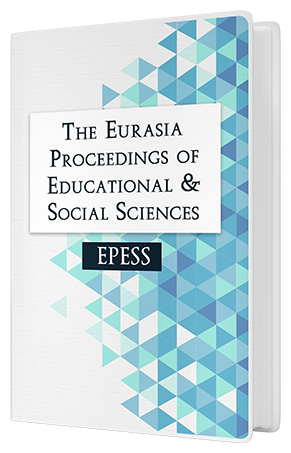Examination of Studies on Concept Teaching in the Field of Science Education
Keywords:
Concept teaching, Studies about concept teaching, Science educationAbstract
Concepts, as well as forming the basis of scientific knowledge, are also important in terms of their correct learning and understanding. Teaching the concepts of a subject in a way that they can understand, makes it easier for students to associate the concepts with their daily life and use them in their daily lives. This study aims to analyze the content of the studies conducted between 2010-2020 on analogies, conceptual change texts, concept cartoons, meaning analysis tables and concept maps used in teaching concepts in science education and in identifying and eliminating misconceptions in Turkey. In the study, 169 studies including 50 articles, 105 master theses and 14 doctoral dissertations on concept teaching were used. While document analysis method is utilized in the study, while the data are shown with the descriptive analysis method, analyzed results are displayed with tables and graphics using percentage and frequency values. The results of the study shows that while quantitative research are more commonly preferred, more master’s theses are conducted compared to articles and doctoral dissertations, and while the research are more frequently conducted on the subject of “determination and elimination of misconceptions”, secondary school students are more commonly preferred as sample groups and “conceptual comprehension test” is the most frequently used measurement tool. This study may suggest future researchers to conduct studies on concept teaching of teachers.Downloads
Published
Issue
Section
License
Copyright (c) 2020 The Eurasia Proceedings of Educational and Social Sciences

This work is licensed under a Creative Commons Attribution-NonCommercial-ShareAlike 4.0 International License.
The articles may be used for research, teaching, and private study purposes. Any substantial or systematic reproduction, redistribution, reselling, loan, sub-licensing, systematic supply, or distribution in any form to anyone is expressly forbidden. Authors alone are responsible for the contents of their articles. The journal owns the copyright of the articles. The publisher shall not be liable for any loss, actions, claims, proceedings, demand, or costs or damages whatsoever or howsoever caused arising directly or indirectly in connection with or arising out of the use of the research material. All authors are requested to disclose any actual or potential conflict of interest including any financial, personal or other relationships with other people or organizations regarding the submitted work.




